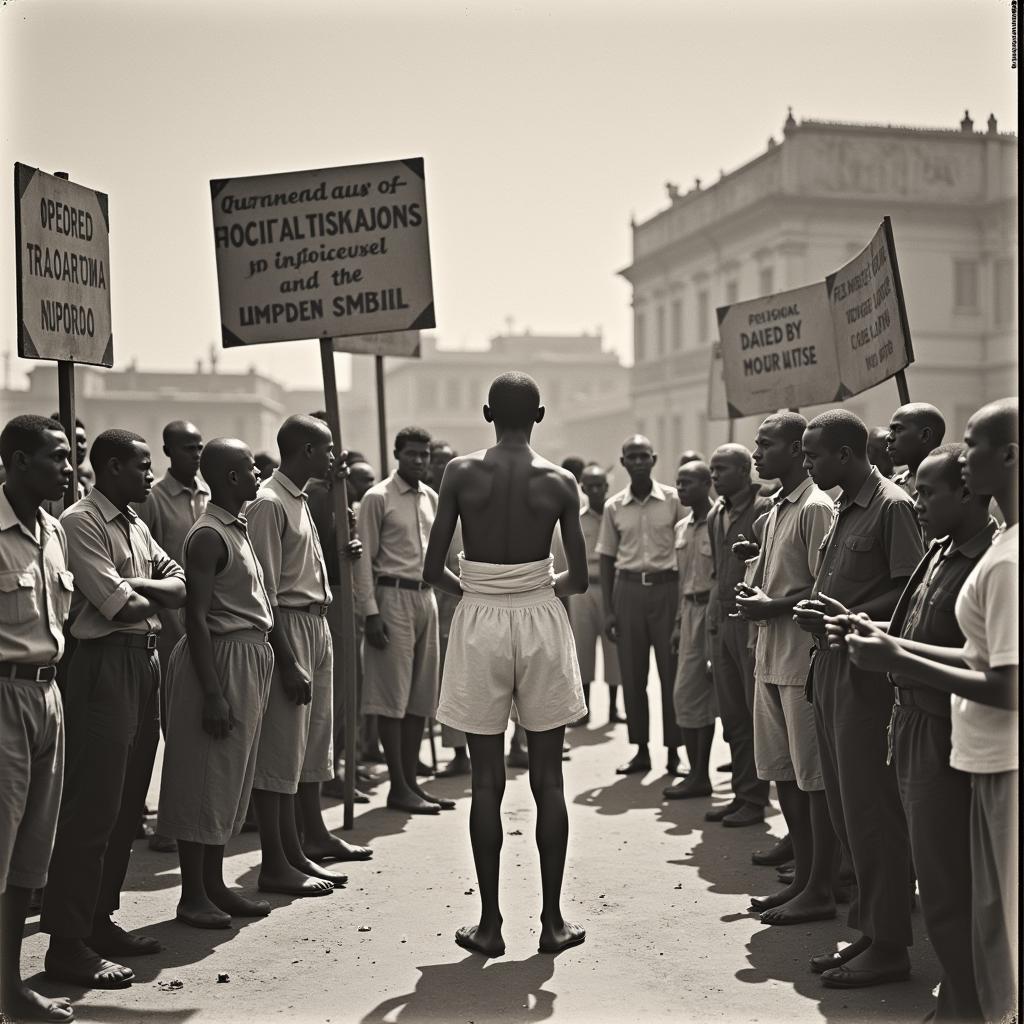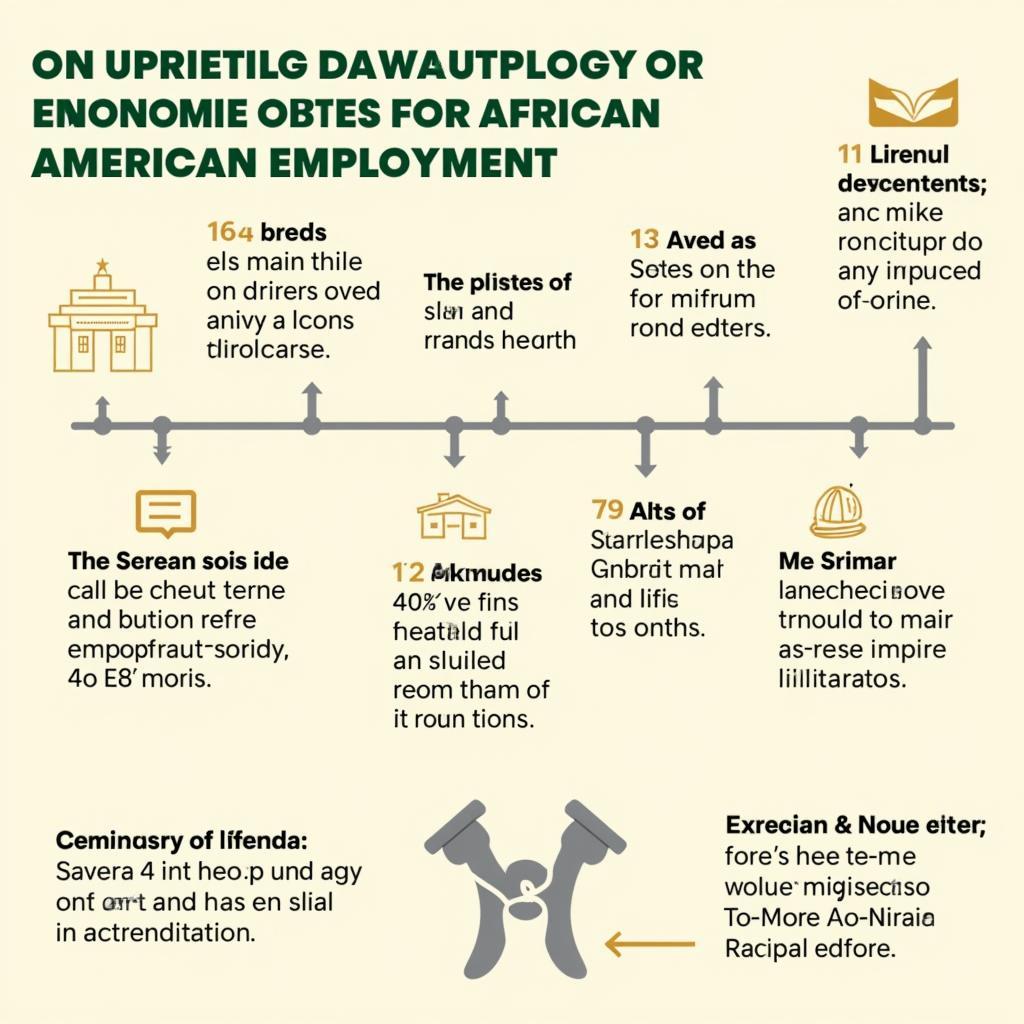150 Years of Celebrating the Mahatma: The South African Legacy
150 years of celebrating the Mahatma, a significant milestone, highlights the enduring impact of Mohandas Karamchand Gandhi’s philosophy and activism, particularly within the context of South Africa. His 21 years spent there were formative, shaping his approach to non-violent resistance and social justice, which later profoundly influenced India’s independence movement and inspired civil rights movements globally. This article explores the rich legacy of the Mahatma in South Africa, examining his contributions, the ongoing celebrations, and the continued relevance of his teachings in contemporary society.
Gandhi’s Formative Years in South Africa: Shaping a Philosophy
Gandhi arrived in South Africa in 1893 as a young lawyer. He quickly encountered the harsh realities of racial discrimination and segregation prevalent under the Apartheid regime. These experiences were pivotal in shaping his philosophy of Satyagraha, a form of non-violent resistance rooted in truth and love. He established the Natal Indian Congress in 1894, marking the beginning of his organized efforts to advocate for the rights of Indian immigrants facing prejudice and injustice. Through various campaigns and protests, Gandhi honed his methods of peaceful resistance, challenging discriminatory laws and policies.
 Gandhi's Early Activism in South Africa
Gandhi's Early Activism in South Africa
Satyagraha in Action: Key Moments in Gandhi’s South African Struggle
Gandhi’s time in South Africa witnessed several key moments that demonstrated the power of Satyagraha. The burning of passes in 1908, protesting against discriminatory registration laws, stands as a powerful symbol of resistance. The 1913 Great March against the imposition of a £3 tax on indentured Indian labourers further solidified his commitment to non-violent action. These events not only challenged the oppressive regime but also galvanized the Indian community and laid the foundation for future anti-apartheid movements.
“Gandhi’s legacy in South Africa is not simply about historical events; it is about the enduring spirit of resilience and the pursuit of justice,” observes Dr. Nomusa Makhubu, a renowned historian specializing in South African social movements.
The Mahatma’s Enduring Legacy: Relevance in Modern South Africa
150 years of celebrating the Mahatma is a testament to the lasting impact of his philosophy. His teachings on non-violence, social justice, and equality continue to resonate in South Africa today. From the anti-apartheid struggle to contemporary social movements, the principles of Satyagraha remain a source of inspiration for those striving for a more just and equitable society. His legacy continues to shape dialogues on reconciliation, human rights, and peaceful conflict resolution.
“Gandhi’s commitment to truth and non-violence offers a powerful framework for addressing contemporary challenges, particularly in societies grappling with issues of inequality and social injustice,” adds Professor Thabo Mbeki, a prominent scholar on Gandhian philosophy.
Conclusion
150 years of celebrating the Mahatma reminds us of the profound influence of his South African journey. His legacy is a beacon of hope, reminding us of the transformative power of non-violent resistance and the enduring pursuit of justice and equality. Gandhi’s life and work continue to inspire individuals and communities across the globe to strive for a world where peace and justice prevail.
FAQ
- What were the key events that shaped Gandhi’s philosophy during his time in South Africa?
- How did Gandhi’s experiences in South Africa influence the Indian independence movement?
- What is Satyagraha, and how was it applied in the South African context?
- How does Gandhi’s legacy continue to influence social movements in modern South Africa?
- What are some of the key institutions and organizations that commemorate Gandhi’s legacy in South Africa?
- What are some books or documentaries that explore Gandhi’s time in South Africa?
- How can I learn more about the ongoing celebrations commemorating 150 years of the Mahatma?
Other articles you might be interested in include “Exploring the Cultural Diversity of South Africa” and “The History of Apartheid and the Struggle for Freedom.”
When you need assistance, please contact us at Phone Number: +255768904061, Email: kaka.mag@gmail.com Or visit our address: Mbarali DC Mawindi, Kangaga, Tanzania. We have a 24/7 customer service team.


